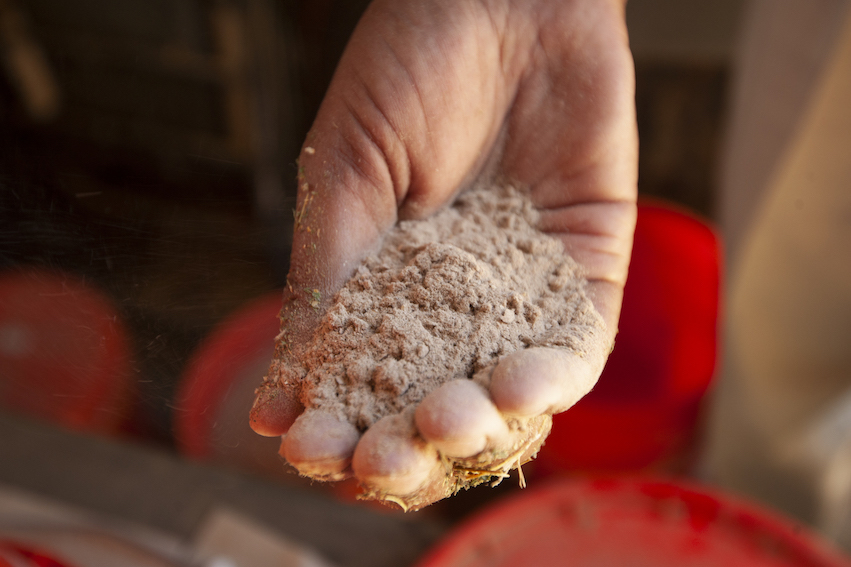
Mixing algae into the forage for cows can significantly reduce methane emissions. This is what ongoing research at the University of California in the United States shows.
Methane is 25-30 times stronger greenhouse gas than carbon dioxide, and although it is not as long-lived in the atmosphere, it is still considered to be one of the most significant greenhouse gases resulting in man-made global warming.
Ruminating domestic animals in agriculture are estimated to account for 14 percent of all human-induced methane emissions and it is increasing. Therefore, researches around the world are working on how to reduce methane emissions.
Researchers at the University of California in the United States have mixed small amounts of red algae into the forage and have seen that the methane content decreases considerably by means of measurements of the exhaled air. This is not the first study to show how seaweed reduced methane emissions, as we wrote two years ago about research in Australia. The explanation is that an enzyme in the algae prevents methane from forming in the cow rumen (the first chamber in the alimentary canal of ruminant animals).
“This is a very surprising and promising development,”
“Results are not final, but so far we are seeing substantial emission reductions. This could help California’s dairy farmers meet new methane-emission standards and sustainably produce the dairy products we need to feed the world.”
– Animal science professor and Sesnon Endowed Chair Ermias Kebreab.
But longer studies need to be carried out to see if the effect persists. The results are promising, although, there is a risk that the cows’ stomachs adapt to the new forage composition after a few months. However, if it proved successful over a longer timespan, the algae feed can be produced without getting too expensive.
Another way to mitigate methane production is to simply breed animals that release less methane, but that research is still in its infancy. The most effective way today is probably ensuring that the animals are as healthy and productive as possible. Since high-producing animals result in a low methane output per kilo product. If the animals are sick, there is a lower rate of return per kilo product.
Reference:

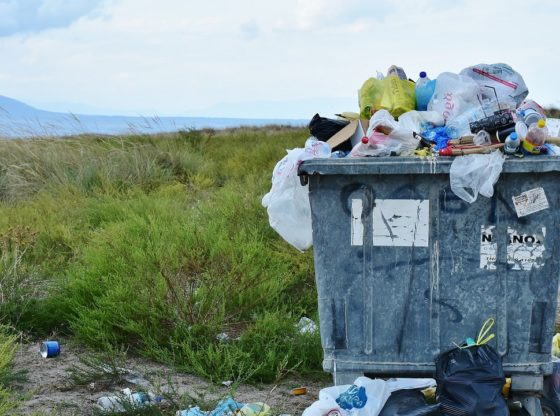

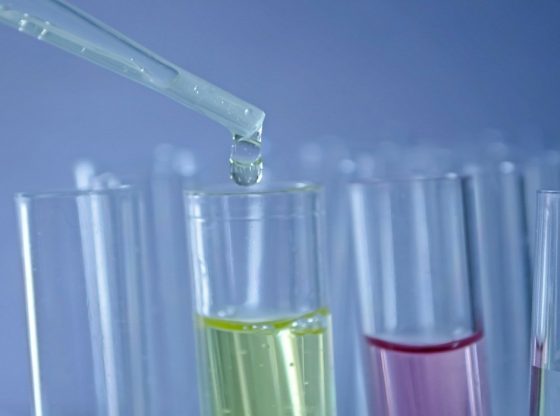
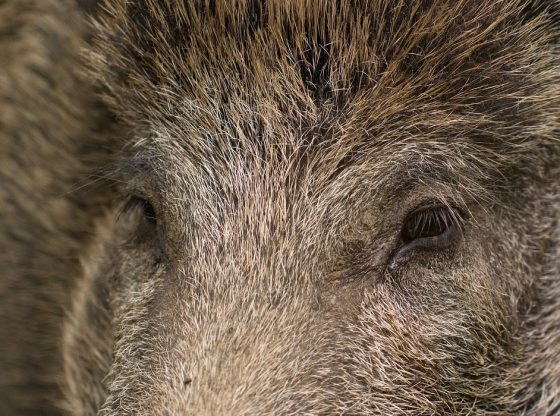
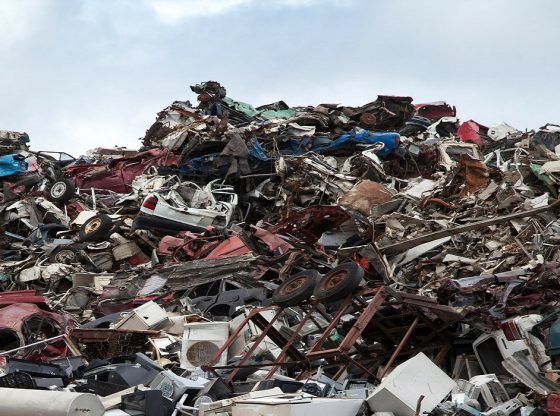



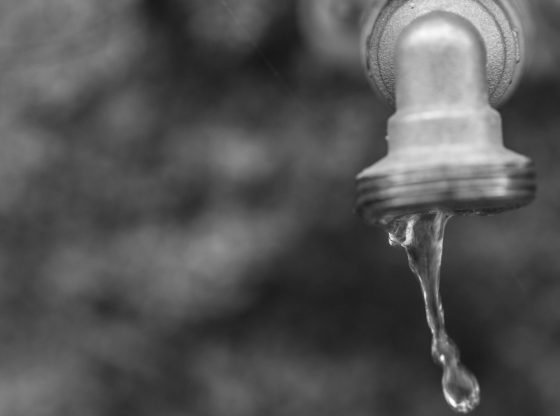

![OpenAI. (2025). ChatGPT [Large language model]. https://chatgpt.com](https://www.illustratedcuriosity.com/files/media/55136/b1b0b614-5b72-486c-901d-ff244549d67a-350x260.webp)
![OpenAI. (2025). ChatGPT [Large language model]. https://chatgpt.com](https://www.illustratedcuriosity.com/files/media/55124/79bc18fa-f616-4951-856f-cc724ad5d497-350x260.webp)
![OpenAI. (2025). ChatGPT [Large language model]. https://chatgpt.com](https://www.illustratedcuriosity.com/files/media/55099/2638a982-b4de-4913-8a1c-1479df352bf3-350x260.webp)








